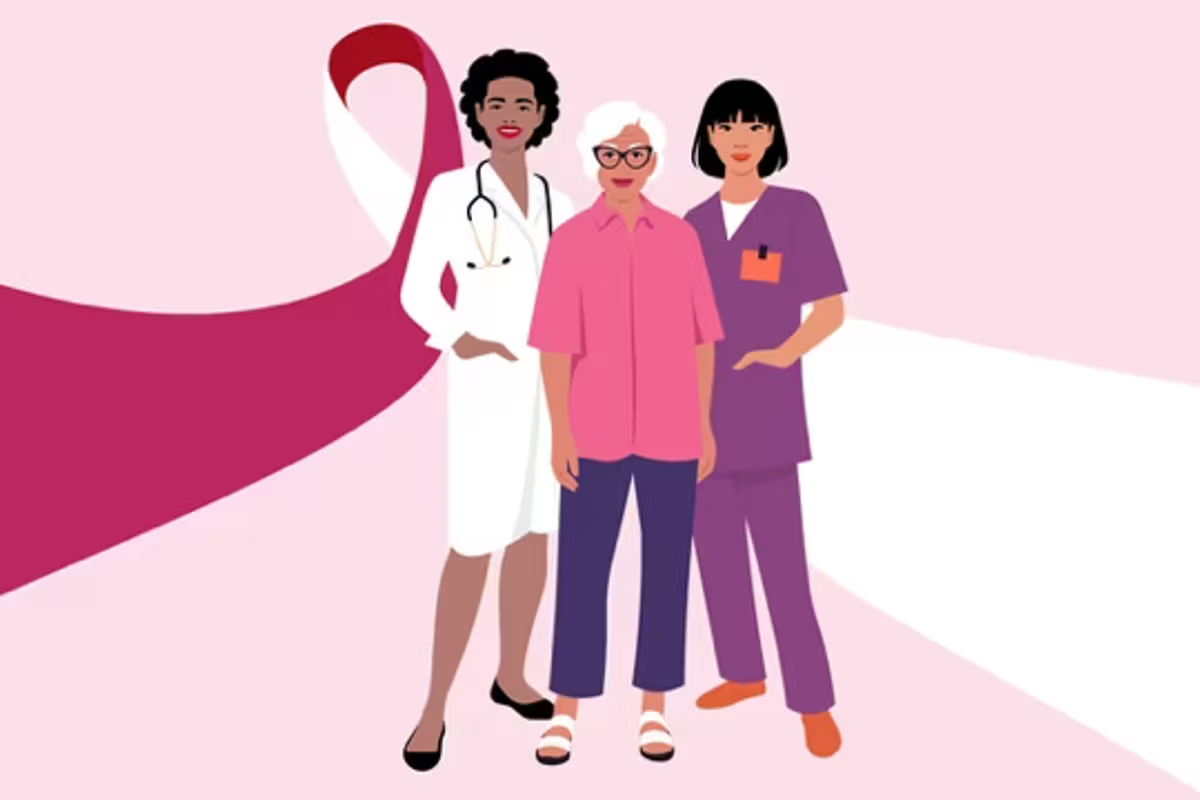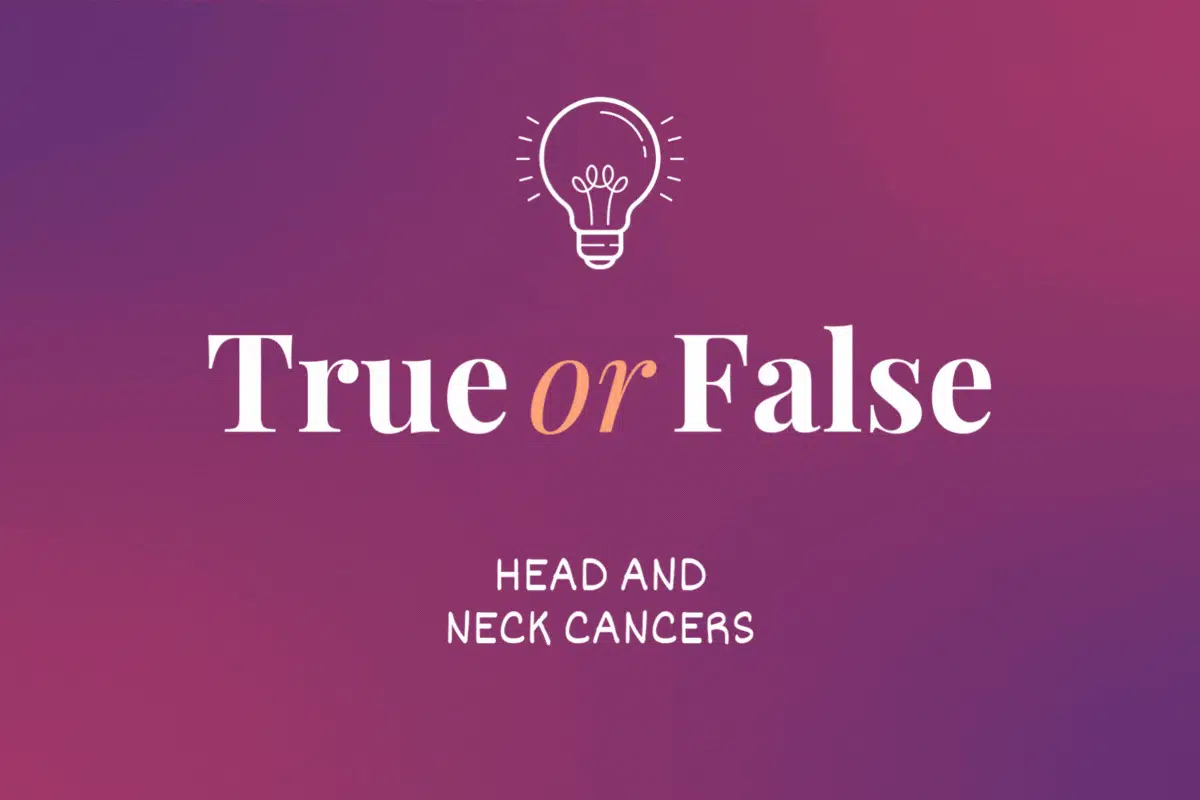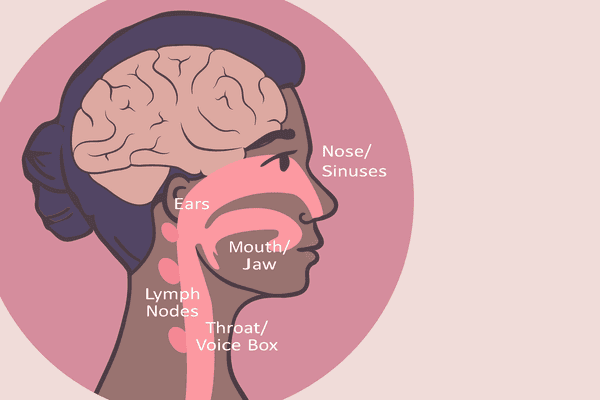Slide 1:
A Team Approach to Care
Find out how multidisciplinary care teams can strengthen your head and neck cancer treatment.
Slide 2:
Multidisciplinary teams are made up of healthcare providers (HCPs) from different fields and specialties.
Having HCPs with varying backgrounds can ensure your treatment plan is focused on your individual needs and health.
Your multidisciplinary head and neck cancer team might include:
Slide 3:
Otolaryngologists (aka ENTs)
Head and neck surgeons who specialize in conditions affecting:
- Ears
- Upper respiratory system
- Upper gastrointestinal system
- Other parts of the head and neck
Slide 4:
Surgical, Radiation and Medical Oncologists
Oncologists are doctors who specialize in cancer.
Surgical oncologists surgically remove tumors and surrounding tissue.
Radiation oncologists use radiation therapy to shrink tumors and kill cancer cells.
Medical oncologists use treatments like chemotherapy, hormone therapy and immunotherapy to fight cancer.
Slide 5:
Oncology Clinical Nurse Specialists
Nurses who specialize in cancer and may help with:
- Assessing physical and emotional health
- Educating patients and families about treatment
- Coordinating care between specialists
- Providing direct patient care
- Managing and treating symptoms
- Supportive care including comfort, pain management and helping you stay on your care plan
Slide 6:
Pathologists
Doctors who study diseases using:
- Tissue
- Blood
- Urine
- Other bodily fluids
They use lab tests to help diagnose conditions and recommend treatment options.
Slide 7:
Radiologists
Doctors who diagnose and treat conditions using medical imaging and procedures like:
- X-rays
- Computed tomography (CT)
- Magnetic resonance imaging (MRI)
- Nuclear medicine (using radioactive material to see and treat certain conditions)
- Positron emission tomography (PET)
- Ultrasound
Interventional radiologists use imaging to guide tools into the body and target the specific issue.
Slide 8:
Speech-Language Pathologists
Prevent, diagnose and treat speech, language, communication and swallowing disorders
They can help retrain your body to speak and swallow after head and neck cancer treatment.
Slide 9:
Oncology Registered Dietitians
Experts in diet and nutrition specifically for people living with cancer.
They can:
- Recommend supplements and meal plans to prevent weight loss
- Promote healthy eating during and after treatment
- Help manage nausea and other dietary symptoms
Slide 10:
Other types of HCPs or alternative care providers may help you manage head and neck cancer symptoms and treatment side effects:
- Mental health professionals for anxiety, depression or stress
- Acupuncturists for pain
- Massage therapists for pain, nausea and other symptoms
This educational resource was created with support from Merck.






